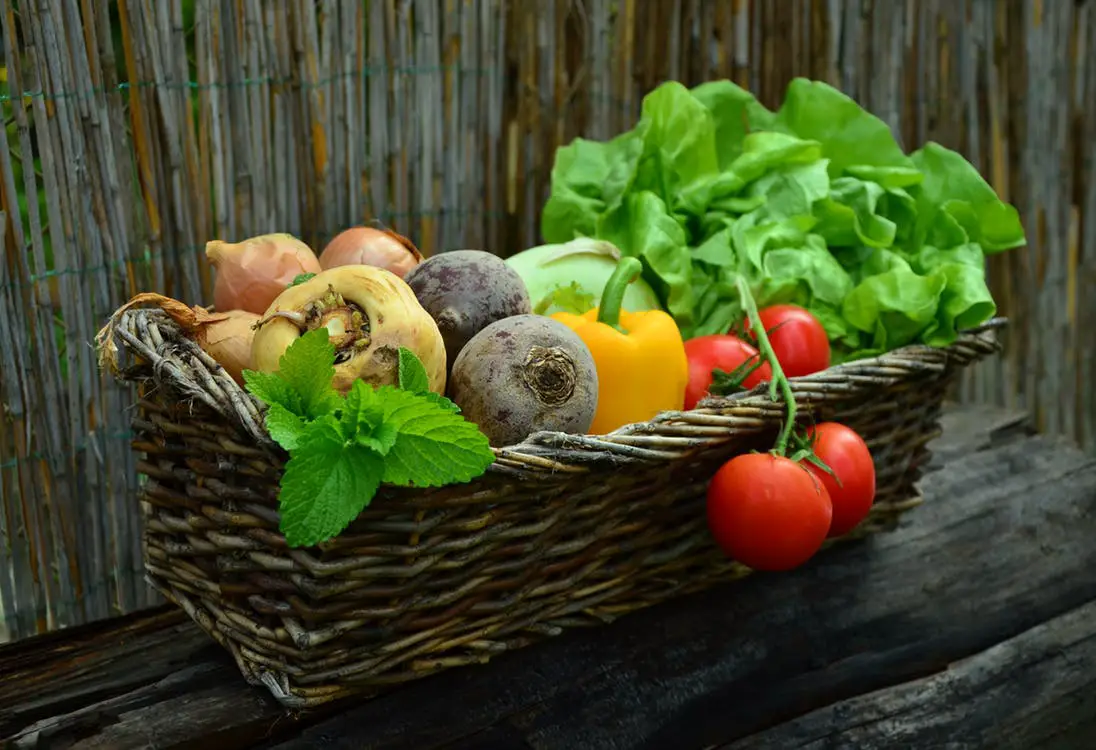Nutrition is an underutilized aspect to health management. The foods in our diets play a direct role in our personal health and happiness. Yet many of us fall short when it comes to getting the recommended servings of some of the most vital nutrients.
For example, most men and women around the globe would have to double their fruits and vegetables intake to meet the World Health Organization’s serving recommendation.
Furthermore, 60 to 87 percent of adults around the globe fall short of the WHO fruit and vegetable daily recommendation, which is five servings each day.

So, why are fruits and vegetables so important, anyway? Many types of vegetables and fruits contain essential phytonutrients. These naturally-occurring chemicals can not only help to prevent disease but can keep the body working properly.
Phytonutrients Explained
Also called phytochemicals, phytonutrients are the chemicals that are produced by plants. Living plants use phytonutrients to stay healthy, and phytonutrients are said to protect plants from a variety of damaging factors, from ultraviolet rays from the sun to insect attacks.
But these naturally-occurring chemicals don’t just benefit plants, they can benefit us, too. There is sound evidence that shows that a phytonutrient-rich diet is good for humans. Those of us who regularly consume natural foods are said to live longer, healthier lives.
Where to Find Phytonutrients
These naturally-occurring chemicals can be found in a wide variety of natural foods, some of which include fruits, vegetables, whole grains, tea, beans and nuts. There are more than 25,000 phytonutrients found in plant-based foods, but a few of them have been identified as the most vital. These six include carotenoids, ellagic acid, flavonoids, resveratrol, glucosinolates and phytoestrogens.
Carotenoids
These phytonutrients act as antioxidants and protect our bodies against tissue-damaging free radicals. Other carotenoids such as alpha-carotene, beta-carotene and beta-cryptoxanthin can all be converted into vitamin A, which keeps our immune systems healthy. Yellow, orange and red fruits and vegetables all contain carotenoids.

Ellagic acid
Foods like strawberries, pomegranates and raspberries contain ellagic acid, which can help protect against cancer by slowing the growth of some cancer cells.

Resveratrol
This is another type of antioxidant and anti-inflammatory. Found in grapes, purple grape juice and red wine, some research states that resveratrol can reduce the risk of certain cancers and heart disease.

Flavonoids
Different types of flavonoids can be found in citrus fruits and other items such as apples, kale, onions and green tea. Flavonoids can reduce the risk of asthma, heart disease and some types of cancer.

Glucosinolates
Broccoli, cabbage, kale and brussels sprouts all contain glucosinolates, which have been linked to slowing the development of cancer.

Phytoestrogens
Flax and sesame seeds as well as some soy-based foods contain phytoestrogens. These phytonutrients have been said to lower the risk of bone loss in women.

Ensuring You Get the Recommendation of Phytonutrients
We live busy lives, and sometimes it’s not easy to get the daily recommendation of these essential phytonutrients from natural foods like fruits and vegetables alone. In order to fill in your personal nutrient gaps you may want to consider adding supplements to your current diet.
In addition to eating a diet that is well-rounded and full of natural foods, a phytonutrient-dense supplement with a variety of plant concentrates can ensure that you get your daily recommendation.
In some cases, two tablets taken daily can account for 10 or more servings of essential vegetables and fruits, reports Amway. The health and beauty company’s blog is a good place to learn more about phytonutrients and read global research reports.
Don’t be part of the statistic—break free from the 60 to 87 percent of people who do not get the daily recommendation of fruits and vegetables. Live your best, and healthiest, life by making some minor changes to your nutrition and start thinking about phytonutrients.









































